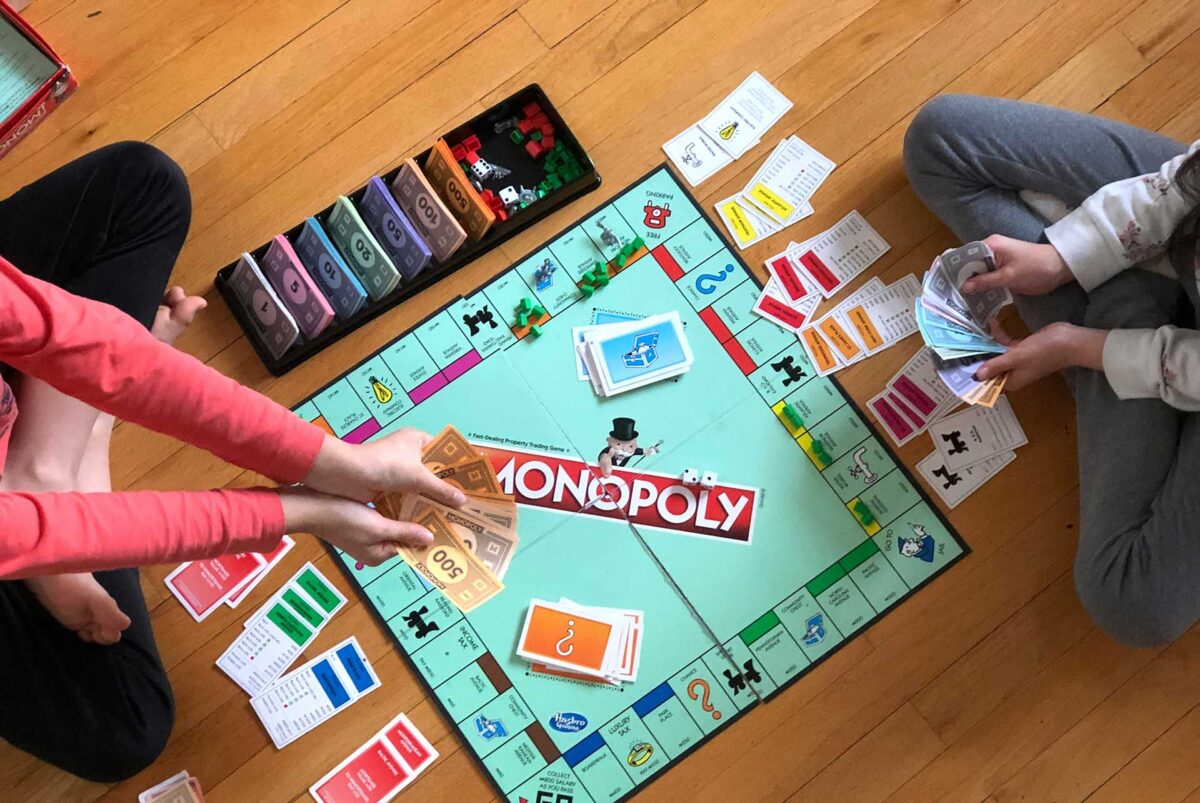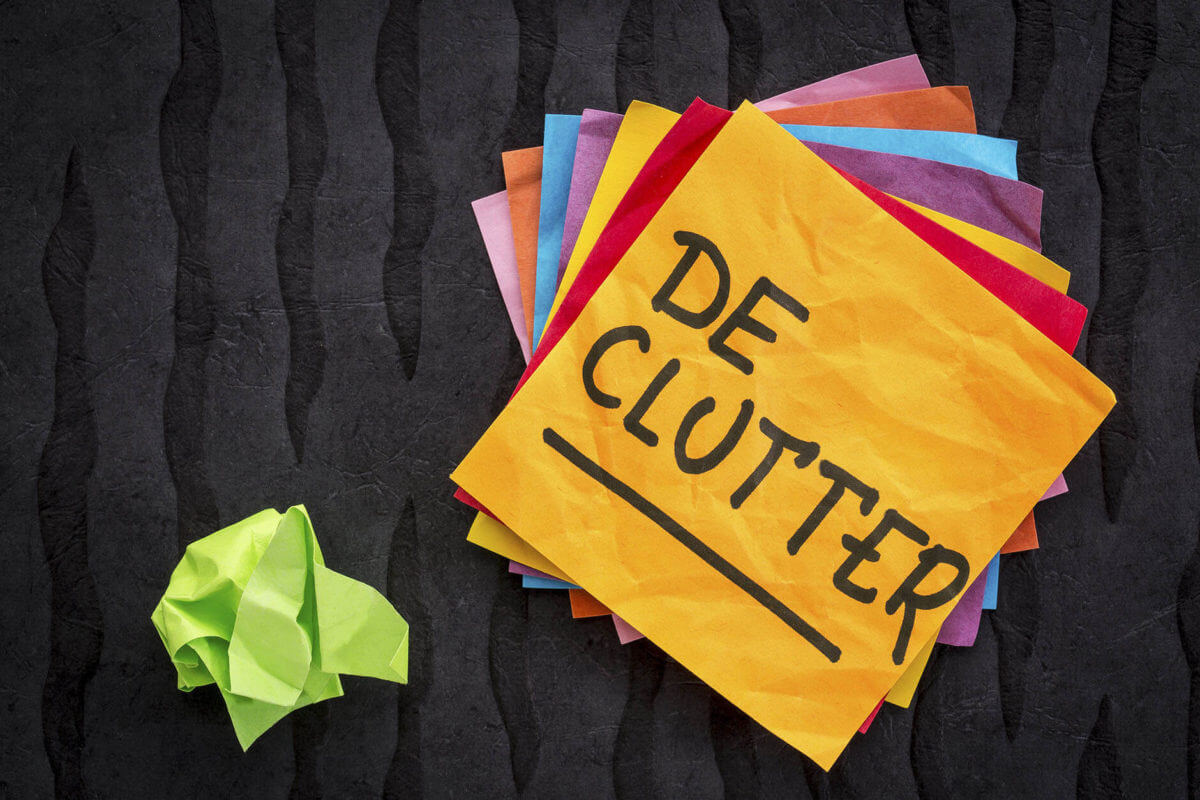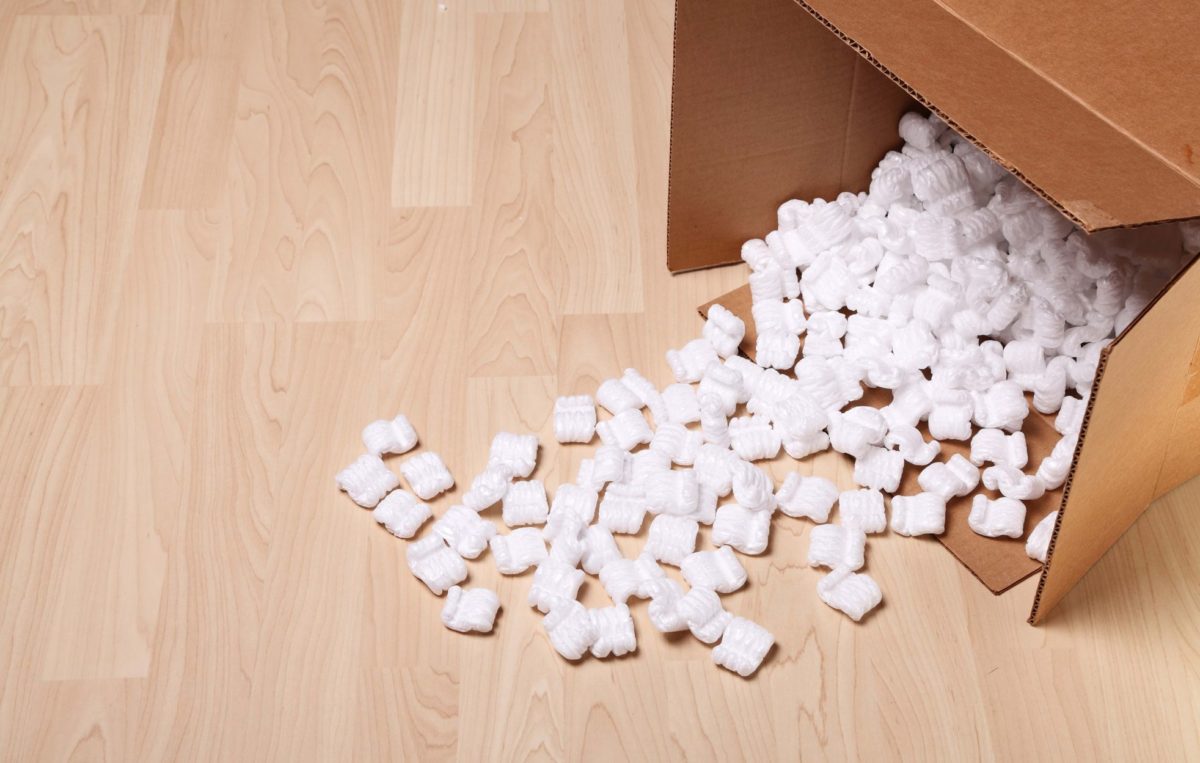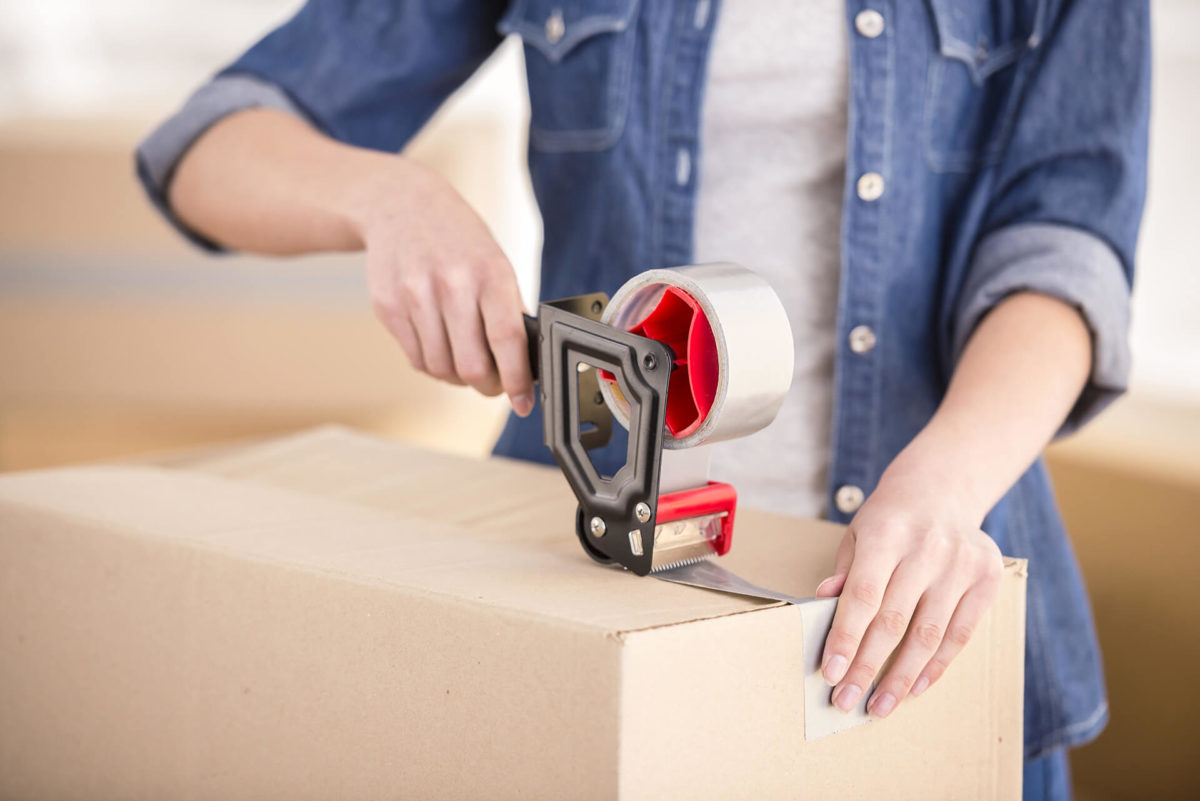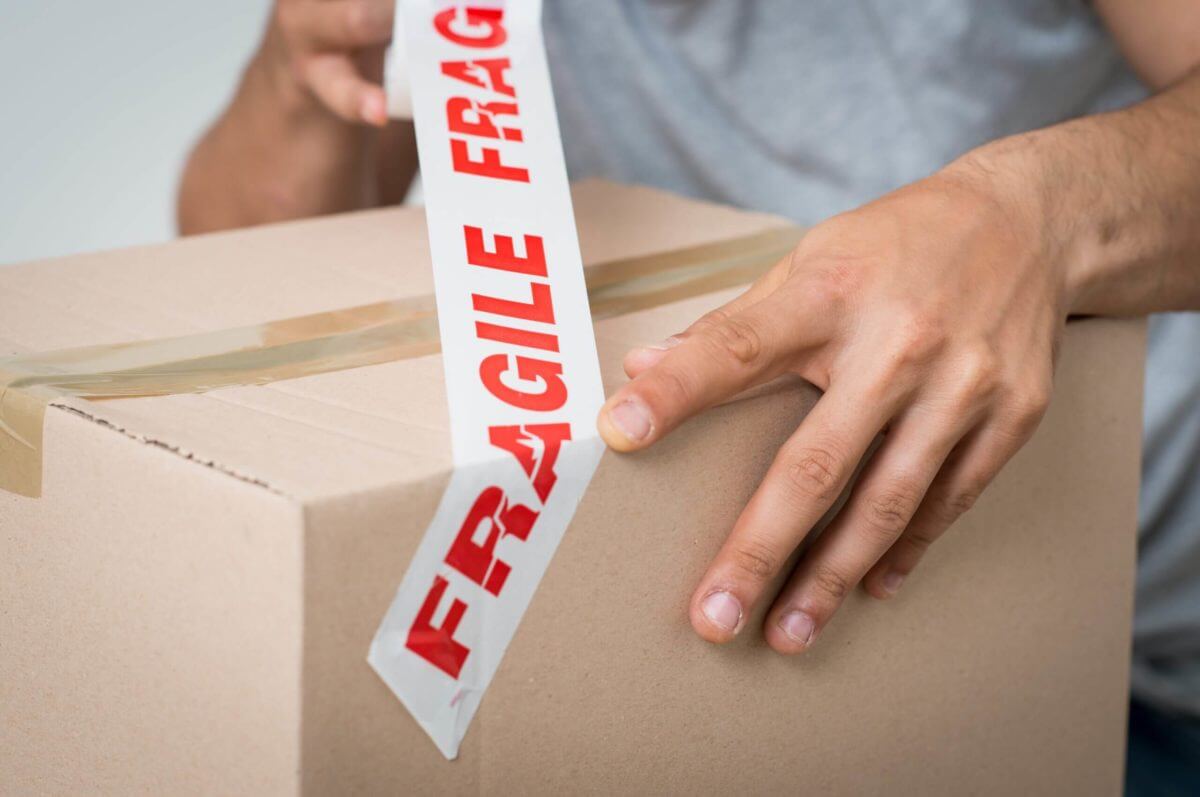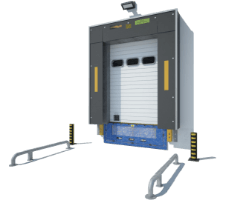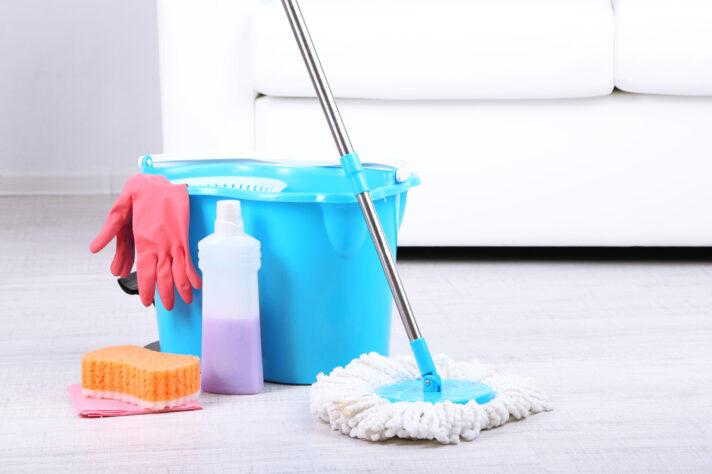Moving across the country can be a challenging journey, but that doesn’t mean your hobbies should be left behind. Whether you’re a casual gamer or a dedicated enthusiast, learning how to pack board games for moving is essential. In this guide, we will provide you with valuable packing tips for game collectors, allowing you to continue enjoying countless hours of entertainment with family and friends in a new home.
There is no need to leave fun behind - take the game collection across the country with you How to Pack Board Games for Moving – Take the Entertainment With You
When packing board games for relocation, thorough planning and care are essential, especially if you’re a proud collector. Begin by assessing the collection’s size, fragility, and value. If you don’t have the original packaging, gather essential packaging materials such as sturdy boxes, bubble wrap, and packaging paper. Clean and maintain games and disassemble larger ones when necessary.
Securely pack them, label boxes, and maintain a catalog. For valuable or antique pieces, consider specialized handling and insurance. Loading games into the relocation truck should follow best practices, and protecting them from temperature and moisture fluctuations is crucial for a successful move. Hiring a long-distance moving company can simplify the process and ensure safe transportation.
Start with Assessing Board Game Collection
When preparing for long-distance moving with games, it’s essential to take a close look at your collection. This assessment will help you streamline the packaging process, reduce unnecessary clutter, and ensure the safe relocation of your beloved games.
To begin, consider organizing your collection shelf by shelf. If you’re a dedicated collector, this may take some time. Take note of the number of games you have and their varying sizes, fragility, and value. This will serve as a foundation for making informed decisions about what to keep, what to pack, and what might be better off finding a new home.
Inventory and Organization
Creating an inventory of board games is a crucial step in the relocation process. Start by listing each game’s title, edition, and condition. Categorize them by size, fragility, and value to determine how best to pack and protect them during the relocation.
When it comes to organization, consider grouping games of similar sizes together. Place smaller card games in one box, medium-sized games in another, and larger ones in separate containers.
Preventing damage to games while moving is especially important for fragile or collectible games, so wrap them individually with bubble wrap or foam. Proper organization will not only simplify the process but also help you unpack and set up games more efficiently.
The Jewel Royale Chess Set is the most expensive board game in the world, valued at 9.8 million dollars
How to Decide What to Keep?
Relocating is an ideal opportunity to declutter and evaluate which board games are worth keeping. This is the time to toss or donate older games that are torn, worn down, or maybe missing a couple of pieces. If you’re still keeping that Monopoly set from high school that’s missing half the money and has only five hotels left, it’s time to let it go and make way for new, better board games.
Start by assessing each game’s sentimental value and how often you play it. Games that hold special memories or those you frequently enjoy with family and friends should be prioritized for packing and shipping. Saying goodbye to some pieces may be emotional or difficult, especially if you’re a hard-core collector, but you have to think about your new space and practicality – it might be necessary to downsize the collection. For example, you can’t really bring your large Warhammer set if you’re moving to a smaller home or anticipate limited storage space.
Think about whether you’re likely to play all games and if some can be gifted, sold, or donated to fellow gamers or charitable organizations. By carefully evaluating each game’s worth and purpose, you can ensure that the collection remains a source of joy rather than an unnecessary burden during the cross-country move.
Declutter and get rid of pieces you no longer need Proper Packing Supplies Are Essential for Protecting Board Games During a Move
When it comes to packing board games for relocating, there are two scenarios – either you’re a true lover and a board game geek, and you have every single piece of original packaging neatly saved, or you have shamelessly tossed it, and you’ll need to get additional supplies.
If you have the original packaging, all you’ll have to do is carefully put each piece in its place in the box, and that will be enough to protect them during the long trip. If you don’t, gathering the right packing supplies is essential to ensure each piece arrives at your new home in excellent condition. Proper packaging can prevent damage during transit, preventing bent cards, crushed boxes, and missing pieces.
Choosing the Right Materials
With so many parts and figurines, you might think that packing all your games will be a nightmare. However, it’s quite simple if you remain organized and know what you’re doing. To pack efficiently, follow these steps and use a combination of sturdy and protective materials:
- Begin with high-quality cardboard relocation boxes that are appropriately sized to prevent shifting during transit. If you want to save money, you can find free boxes on sites like Craigslist.
- Reinforce the bottoms and sides of the boxes with packaging tape to ensure durability.
- In case you don’t have all the original packaging, use bubble wrap or packing paper to cushion delicate components and prevent movement within the box. Wrap boards, rulebooks, and vulnerable parts in bubble wrap to prevent bending and tearing. Also, consider using sturdy cardboard dividers or foam inserts to keep game components securely in place.
- Fill any empty spaces in the boxes with foam peanuts or air cushions to prevent shifting and minimize the risk of damage during impact.
Specialty Items for Delicate Components
Many board games come with delicate components, such as miniatures, fragile figurines, or intricate game pieces. If you don’t have original packaging and you want to ensure these components arrive intact, invest in specialty packing items. Small plastic bags or containers can be used to separate and protect miniatures or small game pieces. These items can then be placed within a larger container or wrapped in bubble wrap for added security.
If you have particularly valuable or intricate games with many components, custom foam inserts or trays can be created to fit precisely within the game box. These inserts are designed to cradle each component, keeping them safe from damage during the move. Specialty packaging materials like these can be especially useful for preserving the integrity of collector’s editions or games with intricate components, ensuring they remain in pristine condition even after a long cross-country journey.
Use specialized packaging materials to protect delicate components Preparing Board Games for the Long Road
Ensuring the collection is in the best possible condition is the first step on the journey of how to pack and move board games. Proper preparation for the move includes cleaning and maintaining pieces and, in the case of larger or complex board games, disassembling and securing their components. Here, we’ll discuss these crucial steps in detail.
Cleaning and Maintenance
Cleaning and maintaining board games before packing is a crucial step in preserving their condition. Start by inspecting each game for dust, dirt, or stains on the gaming components, boards, and cards. Use a soft, lint-free cloth to gently wipe down the surfaces of the game boards and components. For cards, a can of compressed air or a soft brush can help remove dust and debris from between the cards.
Check for loose or damaged components, such as smaller pieces, tokens, or dice. Repair or replace any missing or broken parts to ensure the set is complete when you arrive at a new home. It’s also essential to ensure that any games with electronic components have their batteries removed to prevent potential leakage or damage during transit.
Disassembling Larger Games
Larger or complex board games such as Warhammer or other war games often come with many components that need careful disassembly and secure packing. Begin by carefully taking it apart into sections, such as gaming boards, player mats, or cardboard tokens. Place these components in separate, appropriately sized boxes or containers to prevent bending or damage during transit.
For games with intricate setups, consider taking photographs or notes on how they are assembled to make reassembly easier. Bag or wrap each set of components separately to keep them organized.
For games with miniatures or figurines, pack them in individual plastic bags or containers to prevent breakage. Securely tape these bags or containers inside the game box or in a separate box labeled for fragile items.
Make sure to properly tape everything in place Packing Techniques for Board Games
Wrapping board games for transport requires careful consideration and strategic planning to ensure they remain intact during transit. You will need to learn some essential packing techniques that will help protect board game collection and make the unpacking process more organized and efficient.
Check Out These Secure Game Packing Methods
To prevent movement and damage during the relocation, employ secure packing strategies for games. Begin by selecting appropriately sized cardboard boxes that snugly fit your games, minimizing empty space within the box. Reinforce the bottoms and sides of the boxes with strong packaging tape to ensure they can withstand the rigors of transportation.
For individual games, wrap them in bubble wrap or packaging paper to protect their components. Pay special attention to fragile or valuable games, making sure to provide extra cushioning. Secure any loose components, such as cards, tokens, or miniatures, in separate bags or containers within the box.
When placing games inside the boxes, stack them vertically rather than horizontally to minimize pressure on the boxes’ lids and prevent crushing. Fill any gaps with foam peanuts or air cushions to prevent shifting during transit. For particularly delicate or valuable pieces, consider double-boxing them for added protection.
Labeling and Cataloging
Labeling boxes and cataloging board game collection simplifies unpacking, helping you find everything easier in a new place. Use clear labels with game titles and handling instructions. Consider numbering or color-coding boxes to match the catalog. Maintain a list with game details like title, edition, and condition. A digital catalog on your mobile device offers quick access and easy updates.
Keeping a digital catalog of the collection can help you keep everything organized Special Considerations for Rare or Antique Games
When you’re dealing with rare or antique pieces, special precautions are necessary to protect these valuable treasures during a cross-country move. Here are some unique considerations and steps to take when dealing with such high-value and collectible gaming items.
Handling Valuable and Collectible Items Requires Extra Attention
For rare or antique items, meticulous handling is essential. Inspect each item, wear white cotton gloves, and use acid-free tissue paper or bubble wrap to protect components. Store pieces in secure, clear containers. Add extra padding to boxes, label them as fragile and valuable, and ensure they receive special care during the relocation. In case you have some collectibles that have been painted, take extra care to prevent scratching, color transfer, and chipping.
Insurance and Valuation Is Important for Valuable Collectables
Protecting valuable pieces is crucial. Contact the insurance provider to discuss specialized coverage for your collection. Obtain appraisals from experts, document condition and provenance, and keep detailed records and photos for valuation. With these steps, you’ll safeguard the high-value gaming items during the move and have peace of mind knowing they’re protected.
Make sure to label each box as fragile Loading and Transporting Games
Successfully loading and transporting board games during a relocation requires careful planning to ensure their safety. All the bubble wrap in the world won’t help you if you’re careless during this stage of the move.
Best Practices for Loading
When loading game boxes into a truck or car, it’s crucial to employ best practices for secure transportation. Start by selecting a well-fitted vehicle that can accommodate them without excessive shifting.
Place heavier boxes at the bottom of the stack to prevent crushing of lighter ones. To minimize movement during the journey, use straps, bungee cords, or rope to secure the boxes in place. Ensuring that games are loaded in a stable and balanced manner will help protect them from damage during transit
Temperature and Moisture Considerations
Temperature and moisture levels can significantly impact the games’ condition during transportation. Avoid exposing them to extreme temperatures, such as direct sunlight or freezing conditions, within the vehicle. It’s also essential to protect the pieces from moisture, which can lead to warping, mold, or damage to cardboard components.
To mitigate these risks, store games in climate-controlled areas of the moving vehicle, if possible. You can also use moisture-absorbing products like silica gel packets within the boxes to help combat humidity.
Your collection should be kept in climate-controlled conditions How Will Hiring Cross Country Moving Company Help You With the Relocation
Hiring long-distance movers for their cross-country moving services can greatly simplify and enhance the relocation experience. Cross-country moving companies possess the expertise and resources to efficiently handle the logistics of how to pack board games for shipping. From providing sturdy packing materials and efficient packing services to offering insurance options for added peace of mind, reputable cross-country movers can streamline the entire process, allowing you to focus on settling in.
Board Game Odyssey – Safeguarding Your Collection for an Epic Cross-Country Move
Successfully moving with board games across the country requires careful planning and attention to detail. By following the steps outlined in this game collection moving guide, you can safeguard the cherished pieces during the journey.
Whether you’re a casual gamer or a collector, these strategies will help ensure that your collection arrives at your new home in excellent condition, ready to provide hours of enjoyment. And if you want a seamless and stress-free relocation – hire professionals. Contact Cross Country Moving Company and rely on our long-distance moving services to take care of everything.
How Can I Prevent Pieces From Getting Lost During the Move?
To prevent pieces from getting lost, use small bags or containers to store components securely within the game box. Additionally, consider placing any loose components inside larger Ziploc bags or using dividers to separate them within the box.
Is It Necessary to Wrap Each Game Individually?
While it’s not necessary to wrap every game individually, it’s advisable for fragile or valuable games. For regular games, you can group them by size and wrap multiple games together if they are sturdy and won’t damage each other.
What’s the Best Way to Pack Multi-Part Board Games?
For multi-part games, disassemble them and pack the components separately. Use small bags or containers to keep related components together and clearly label them. Include assembly instructions or photos to help with reassembly.
How Can I Keep Track of My Games During a Long-Distance Move?
Keep a detailed catalog or list of your collection and label boxes clearly. Use color-coding or numbering for easier identification. Also, use a digital catalog or spreadsheet for quick access and updates.
Are There Any Special Considerations for Moving Electronic Board Games?
For electronic games, remove batteries to prevent leakage or damage during transit. Pack them securely in their original boxes or padded containers to protect delicate electronic components.
